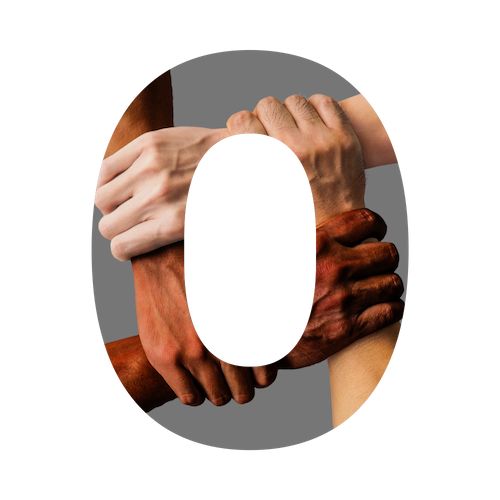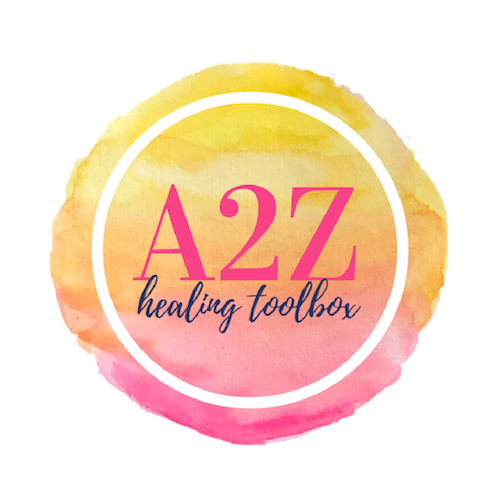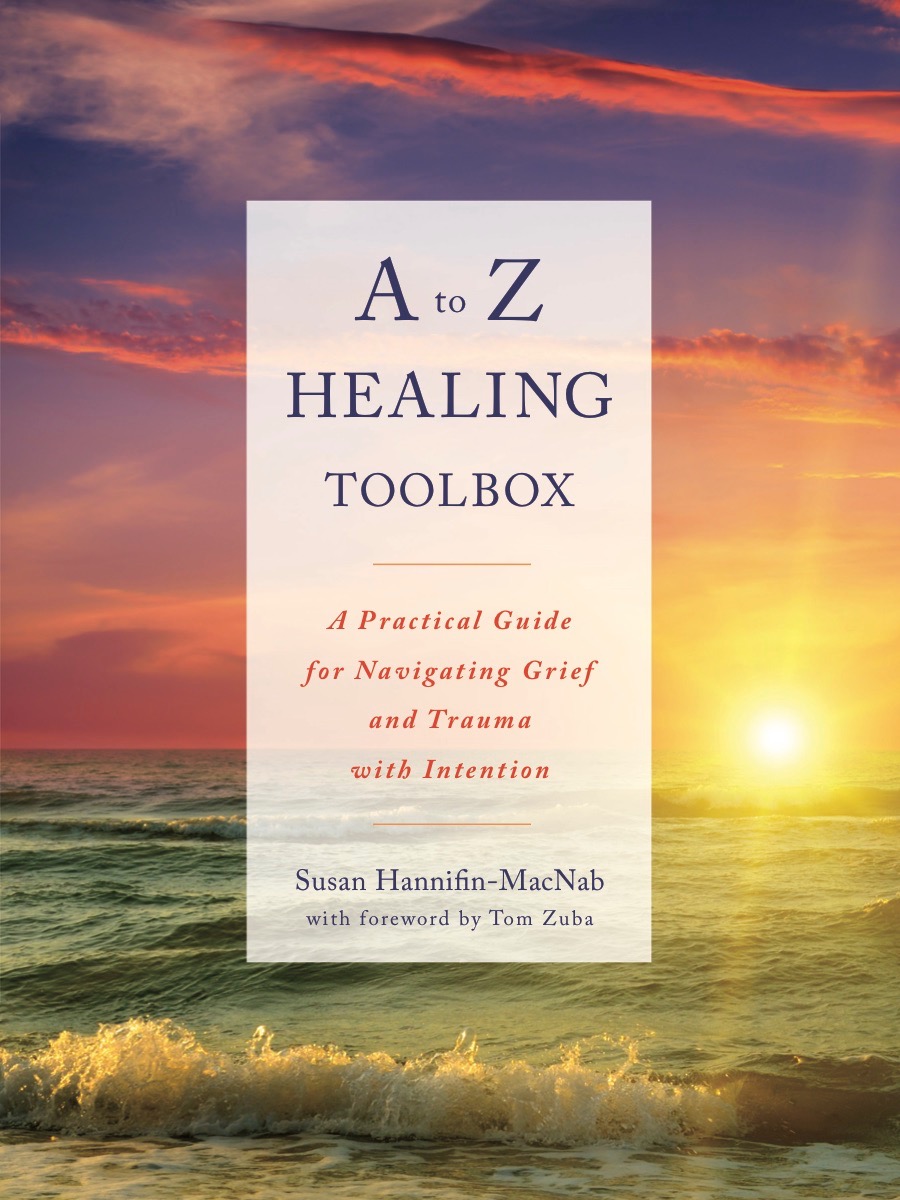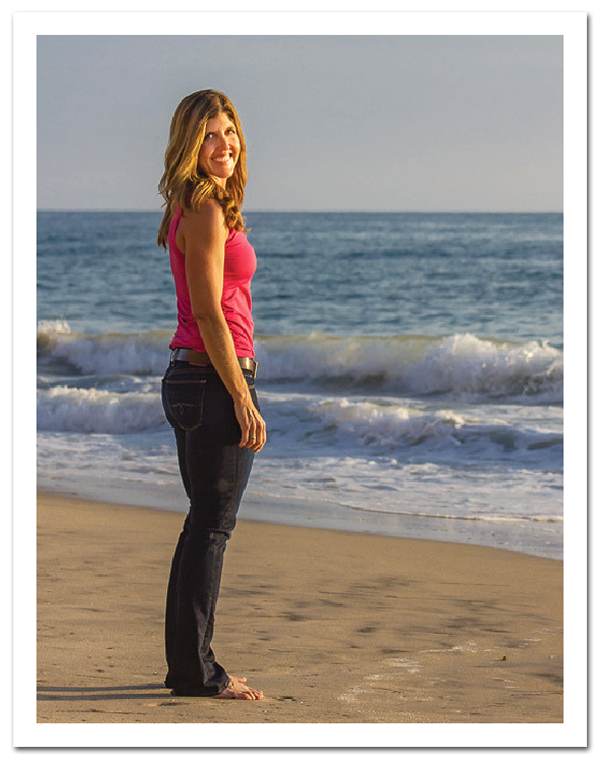
O – Organizing Your Supports
Why consider organizing your supports?
Just as lives are forever altered by grief and trauma, many once stable relationships are at least temporarily changed. Relationships with friends, family, colleagues, and other community members can strengthen, weaken, or be suddenly conflicted. In addition, new people may appear in your life to support, guide, or mentor. By determining who can provide support, where their strength areas lie (Can they be? Can they do?), and if the relationship can be supportive at all (SHELF?), it is possible to rest at ease in the healing power of those who seek to assist with a newly transforming life.
How does organizing your supports promote healing?
• By releasing any unrealistic expectations you may have of family, friends, and colleagues
• By assisting other people in supporting you with their BE-ing or DO-ing
• By taking a break from people who may release negative energy in your direction
Try this A2Z activity:
BE’ers
These are the people in your life who might BE there to:
- sit with you
- cry with you
- provide their quiet presence in your home
- listen without judgement
- sleep next to you and your children
- hug you without words
DO’ers
These are the people in your life who might DO things for you like:
- make some meals
- set up a meal train
- take you to appointments
- shuffle your kids to their activities
- complete household chores
- help you re-organize your finances
- drag you outside for a walk, hike, surf, or bike ride
- organize a local outing
- buy tickets to a sporting event
- do your grocery shopping
- book a massage
- help with the care of pets
- run simple errands
SHELF’ers
These are the people in your life who may need to sit on your “take a break” SHELF due to negative or toxic habits such as:
- constantly judging you
- consistently giving unsolicited advice
- not giving you space and time to grieve
- leaving you feeling drained and depleted by their words or actions
Resources
Books
- 100 Acts of Love: The Girlfriend’s Guide to Loving Your Friend Through Cancer or Loss by Kim Hamer
- Effective Grief and Bereavement Support: The Role of Family, Friends, Colleagues, School, and Support Professionals by Atle and Kari Dyregrov
- How to Help a Grieving Friend: A Candid Guide for Those Who Care by Stephanie Whitson
Websites
- 100 Acts of Love – Provides practical podcasts, videos, and teleseminars for helping those who grieve





